Home>Ideas and Tips>How To Choose The Right HVAC System For Your Home
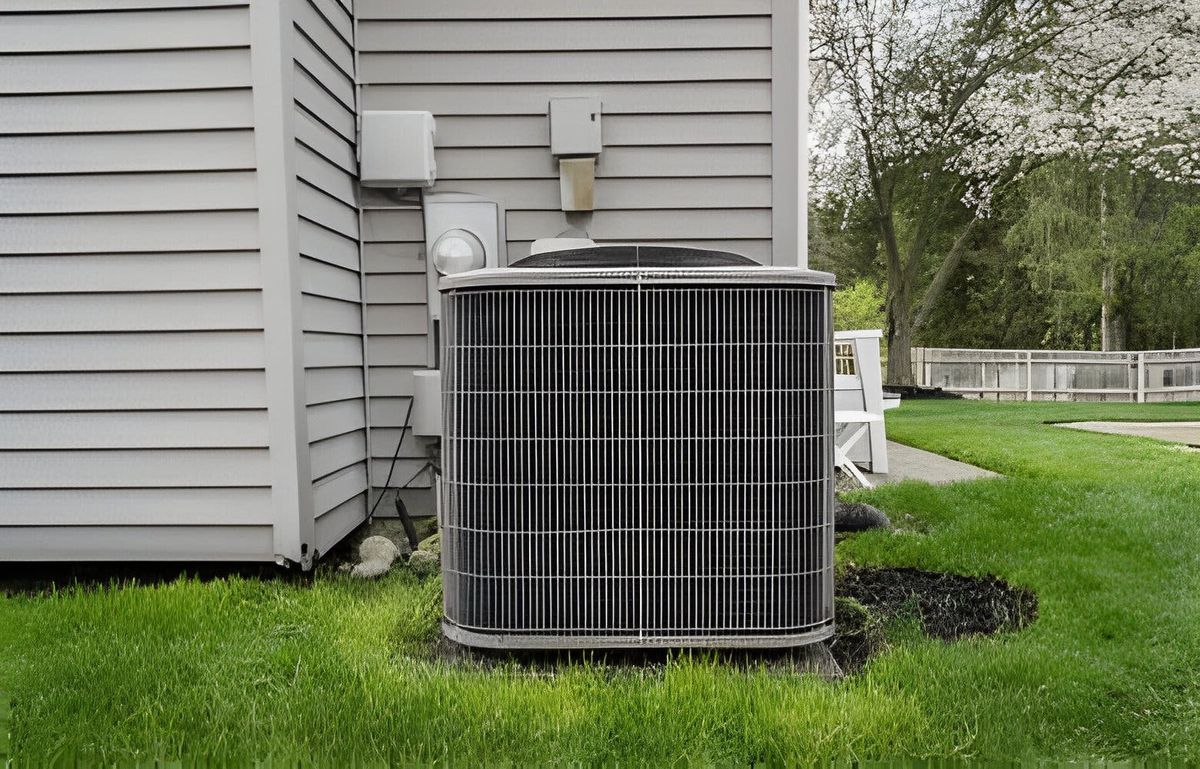

Ideas and Tips
How To Choose The Right HVAC System For Your Home
Published: September 25, 2024
Discover how to choose the perfect HVAC system for your home with our comprehensive guide, covering key factors, energy efficiency, and expert tips.
(Many of the links in this article redirect to a specific reviewed product. Your purchase of these products through affiliate links helps to generate commission for Storables.com, at no extra cost. Learn more)
Choosing the right HVAC system for your home is a big deal. It’s not just about staying comfy; it’s also about saving money on your energy bills and making sure your home runs efficiently. With so many types of HVAC systems out there, each with its own pros and cons, it can be tough to figure out which one is best for you. But don’t worry, we’ve got your back. In this guide, we’ll walk you through everything you need to know to pick the perfect HVAC system for your home.
Understanding Your Heating and Cooling Needs
First things first, you’ve got to figure out what your home needs in terms of heating and cooling. Here’s what you need to consider:
-
Size and Layout of Your Home: The size of your home plays a huge role in determining the type and size of the HVAC system you need. A system that’s too small won’t keep you comfortable, while one that’s too big will waste energy and cost you more money.
-
Local Climate Conditions: Different climates need different HVAC systems. If you live in a place with extreme temperatures, you’ll need a more powerful system. But if your climate is mild, a hybrid system that uses both gas and electric heating might be a better fit.
-
Insulation Levels: Good insulation is key to keeping your home at a comfortable temperature. Homes with good insulation need less energy to heat or cool, which can save you a lot of money on your utility bills.
-
Existing Ductwork: If your home already has ductwork, its condition can affect your choice of HVAC system. Damaged or poorly insulated ducts can cause energy loss. You might need to repair them or go for a ductless system if fixing the ducts isn’t an option.
-
Professional Evaluation: Getting a professional HVAC technician to evaluate your home is a smart move. They can do a Manual J calculation, which takes into account your home’s size, insulation, windows, and local climate to figure out the right system size for you.
Read more: How To Choose The Right Conduit Size
Energy Efficiency Ratings
When you’re looking at HVAC systems, pay attention to their energy efficiency ratings. These ratings tell you how much energy the system will use and how much it can save you over time. Here are some key ratings to look for:
-
SEER (Seasonal Energy Efficiency Ratio): This rating measures how efficient air conditioners are. A higher SEER rating means better efficiency. Aim for a SEER rating of at least 15.
-
HSPF (Heat Seasonal Performance Factor): This rating measures the efficiency of heat pumps. A higher HSPF rating means the system uses less energy to provide the same amount of heating.
-
AFUE (Annual Fuel Utilization Efficiency): This rating measures how efficient furnaces are. A higher AFUE rating means more of the fuel is turned into usable heat instead of being wasted.
-
Energy Star Certification: Systems with the Energy Star certification meet energy efficiency standards set by the EPA. These systems use less energy and are better for the environment.
Type of HVAC System
There are several types of HVAC systems, each with its own benefits and drawbacks. Here’s a closer look at some of the most common types:
-
Central Air Conditioning: This is one of the most common types of HVAC systems. It involves a central unit that cools the air and distributes it throughout the home via ducts. Central air conditioning is ideal for larger homes with existing ductwork.
-
Heat Pumps: Heat pumps are versatile systems that can provide both heating and cooling. They work by moving heat rather than generating it, making them highly efficient. Heat pumps are suitable for homes with mild climates and can be an excellent choice for those looking to reduce their energy consumption.
-
Ductless Mini-Split Systems: These systems are convenient for homes without ductwork or room additions. They offer zoning flexibility, allowing you to control the temperature of individual rooms or zones. Ductless mini-split systems are energy-efficient and easy to install, making them perfect for homes with limited indoor space.
-
Packaged Systems: Packaged systems consolidate all components into a single unit typically placed outside the home. They are ideal for homes with limited indoor space and can be more cost-effective than installing separate units.
-
Geothermal Systems: Geothermal systems utilize the earth's temperature to heat and cool. They are highly energy-efficient but have a higher initial cost. Geothermal systems are suitable for homes in areas with suitable geology.
Indoor Air Quality Considerations
Don’t forget about indoor air quality (IAQ) when choosing an HVAC system. Here are some IAQ features to look for:
-
Advanced Filtration Systems: Look for models with advanced filtration systems that can capture allergens, pollutants, and other airborne particles. This can significantly improve indoor air quality and reduce respiratory issues.
-
Humidifiers: Humidifiers help maintain a healthy humidity level in your home, which is essential for preventing dry skin, nosebleeds, and other humidity-related issues.
-
Ventilation Options: Proper ventilation is crucial for maintaining good indoor air quality. Look for systems that offer ventilation options such as fresh air intakes (ERVs and HRVs) and exhaust fans in kitchens and bathrooms.
Professional Installation and Maintenance
Getting your HVAC system installed properly and keeping it well-maintained is super important. Here’s what you need to know:
-
Reputable Contractor: Choose a reputable HVAC contractor with experience installing and servicing the type of system you’ve selected. A professional installation ensures that the system is installed correctly, which can prevent future issues and ensure optimal efficiency.
-
Annual Maintenance Visits: Schedule annual maintenance visits to ensure optimal efficiency, reliability, and indoor comfort year-round. Regular maintenance can help identify potential issues before they become major problems, reducing repair costs and extending the lifespan of your system.
Read more: How To Make Your HVAC Smell Good
Budget and Financing Options
Finally, think about your budget and explore financing options when choosing an HVAC system for your home. While upfront costs may seem daunting, investing in a high-quality, energy-efficient system can lead to long-term savings on energy bills and repair costs. Here are some budget-related considerations:
-
Initial Cost vs. Long-Term Savings: While high-efficiency systems may have a higher price tag, they can lead to substantial savings over time. Compare the initial cost with long-term operating expenses to make an informed decision.
-
Financing Plans: Many HVAC manufacturers and contractors offer financing plans to make the purchase more affordable. Explore these options to find a solution that fits your budget without compromising on quality.
Additional Tips for Choosing the Right HVAC System
Here are some extra tips to help you make a wise decision when choosing an HVAC system:
-
Check Noise Levels: Consider noise levels, especially if the system is near living or sleeping spaces. Choose systems that operate quietly to prevent disturbances.
-
Read Customer Reviews: Reading customer reviews and conducting research can offer insights into systems' reliability and performance. Seek suggestions from friends, relatives, or neighbors who have recently upgraded their systems.
-
Anticipate Future Changes: Anticipate future changes impacting your HVAC requirements, such as home expansions or energy efficiency upgrades. Choose a system that can adapt to these changes to avoid replacements.
-
Search for Rebates and Incentives: Search for rebates and incentives from utility companies or government programs for setting up energy-efficient systems. These can help offset the expenses and offer savings.
-
Obtain Quotes from Contractors: Obtain quotes from HVAC contractors to compare prices, services, and warranties. This will assist you in identifying the value of your investment.
Conclusion
Choosing the right HVAC system for your home requires careful consideration of various factors. By determining your home’s heating and cooling needs, considering energy efficiency ratings, choosing the appropriate type of system, ensuring proper installation and maintenance, and exploring budget and financing options, you can ensure that you choose a system that suits your requirements and delivers comfort and efficiency.
At Storables, we specialize in providing top-notch home improvement advice. Whether you need assistance selecting the right HVAC system for your home or professional installation and maintenance, our team is here to help. Don’t let the process of choosing an HVAC system overwhelm you—contact us today to schedule a consultation with our HVAC experts. Let us help you find the perfect HVAC solution for your home and enjoy year-round comfort and energy savings!
By following this comprehensive guide, you'll be well-equipped to make an informed decision when selecting an HVAC system for your home. Remember to consult with a professional HVAC technician to ensure that you choose a system tailored to your specific needs and ensure optimal performance and efficiency in the long run.
Was this page helpful?
At Storables.com, we guarantee accurate and reliable information. Our content, validated by Expert Board Contributors, is crafted following stringent Editorial Policies. We're committed to providing you with well-researched, expert-backed insights for all your informational needs.
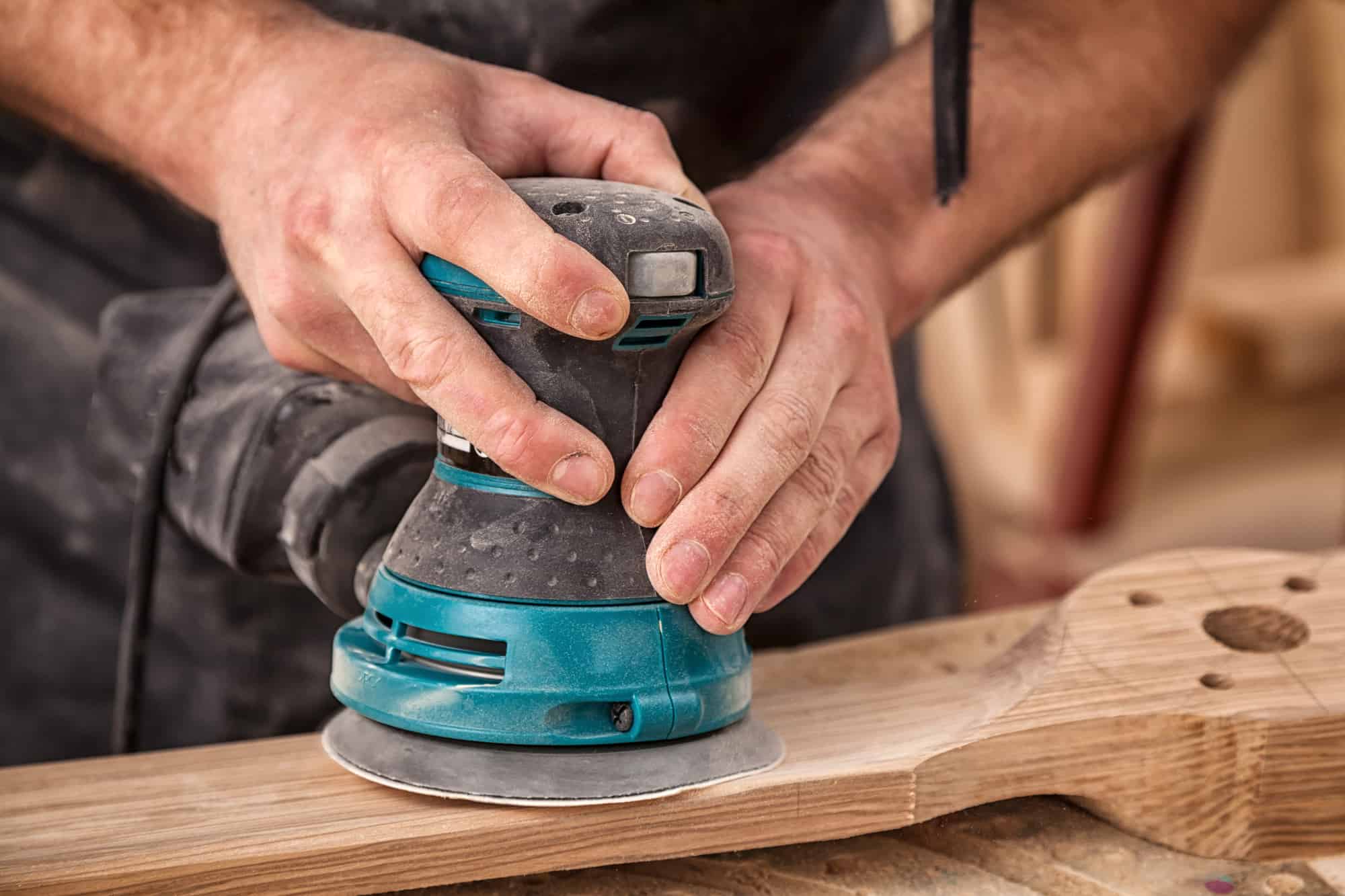


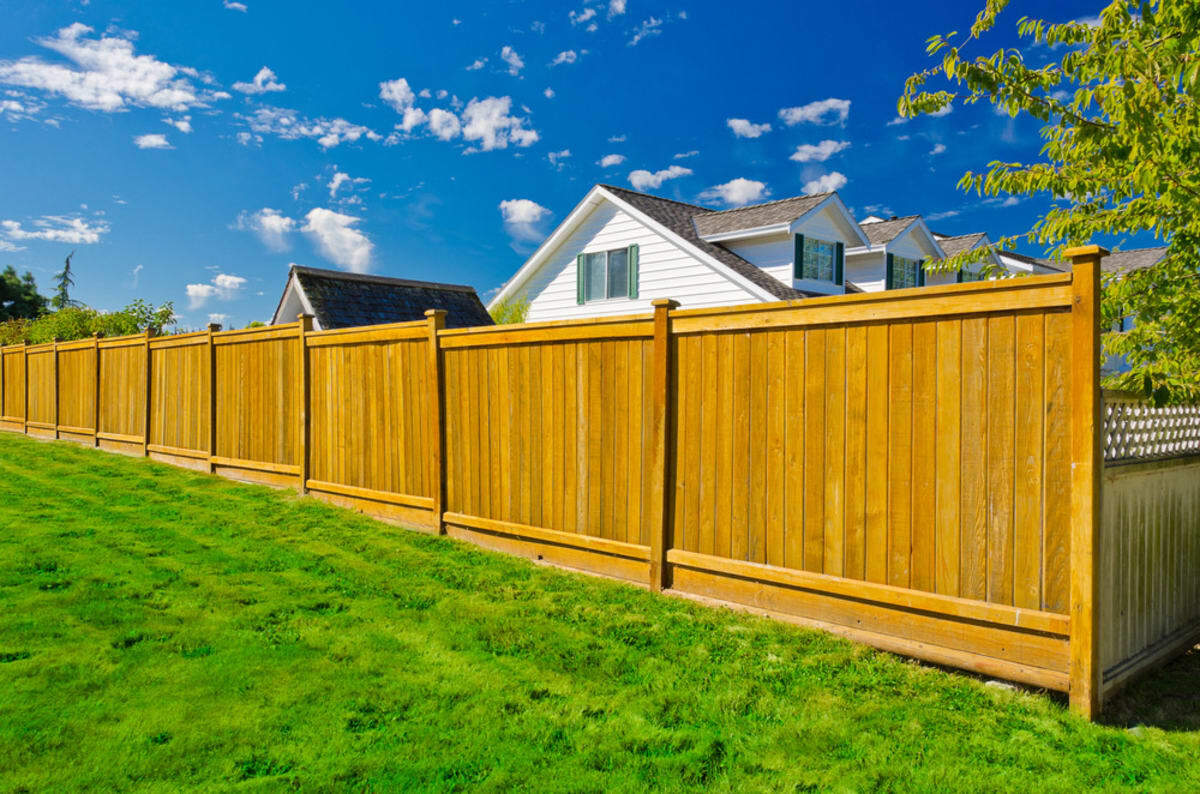
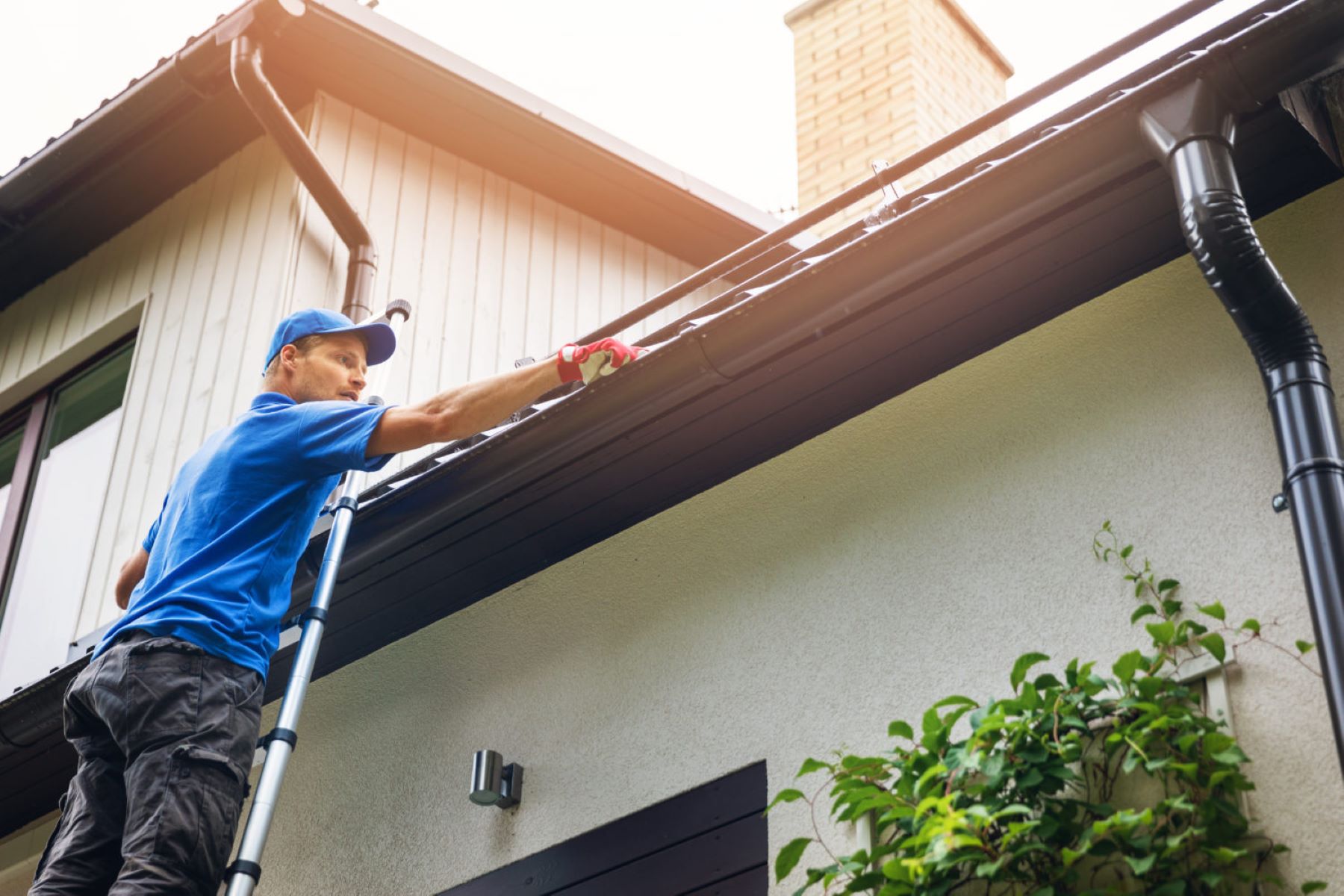

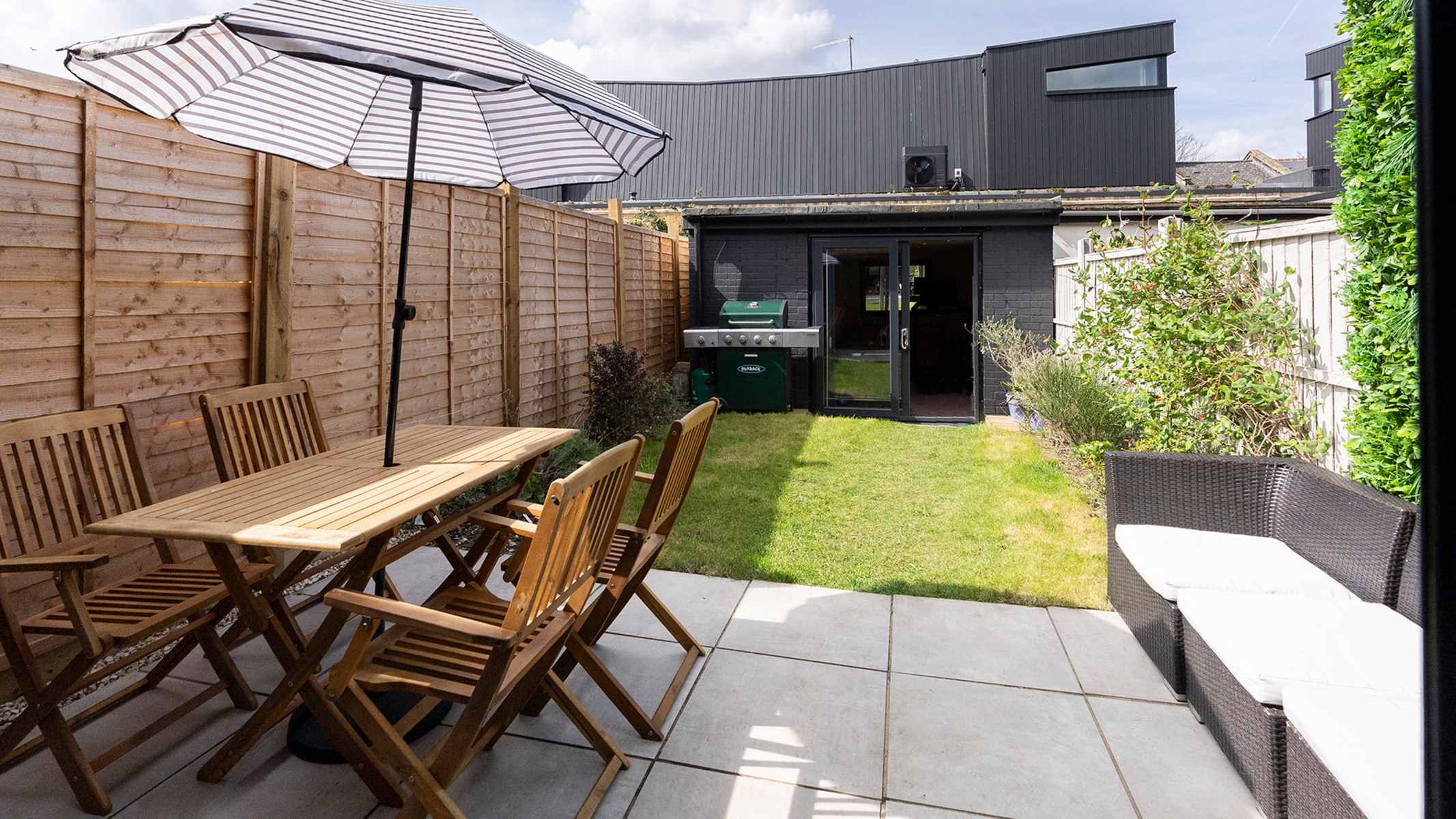


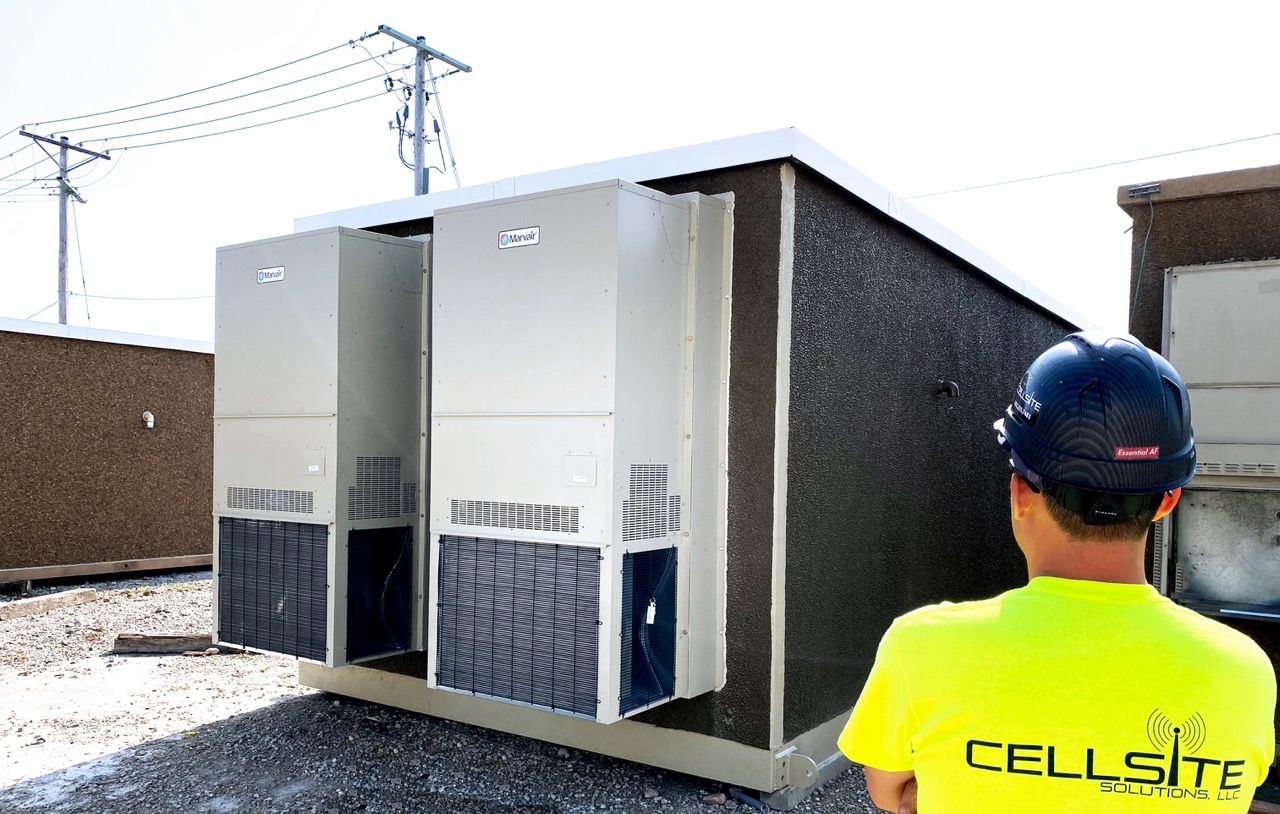
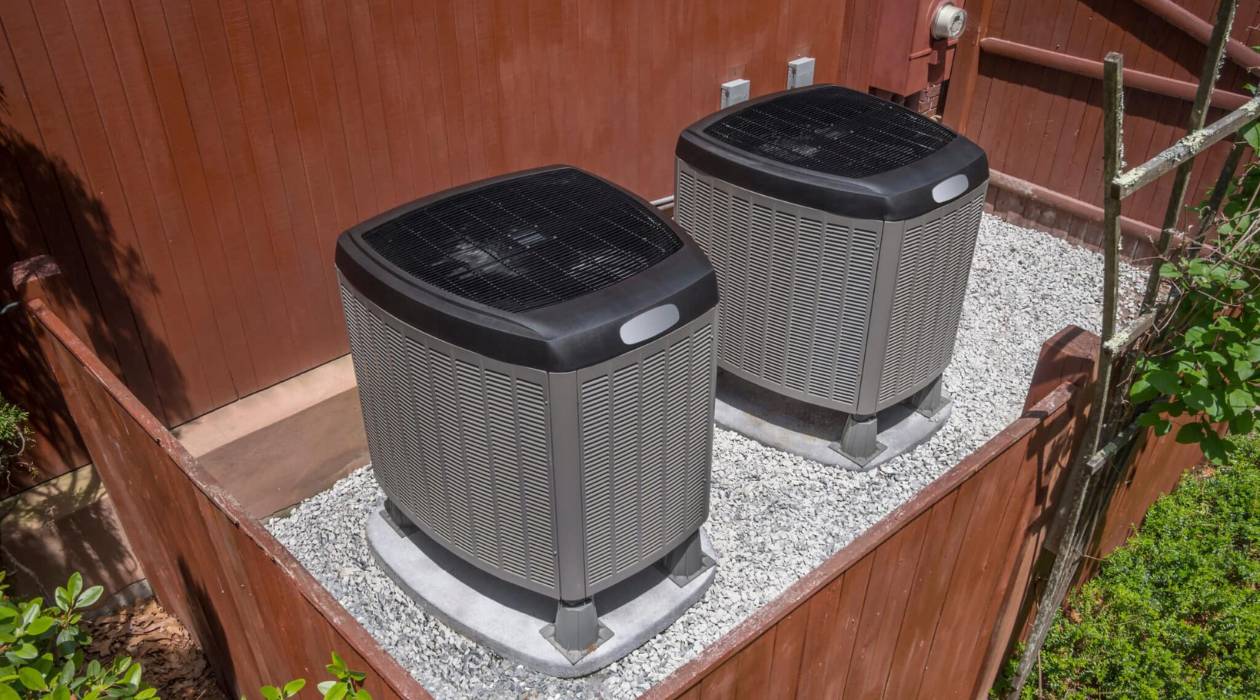
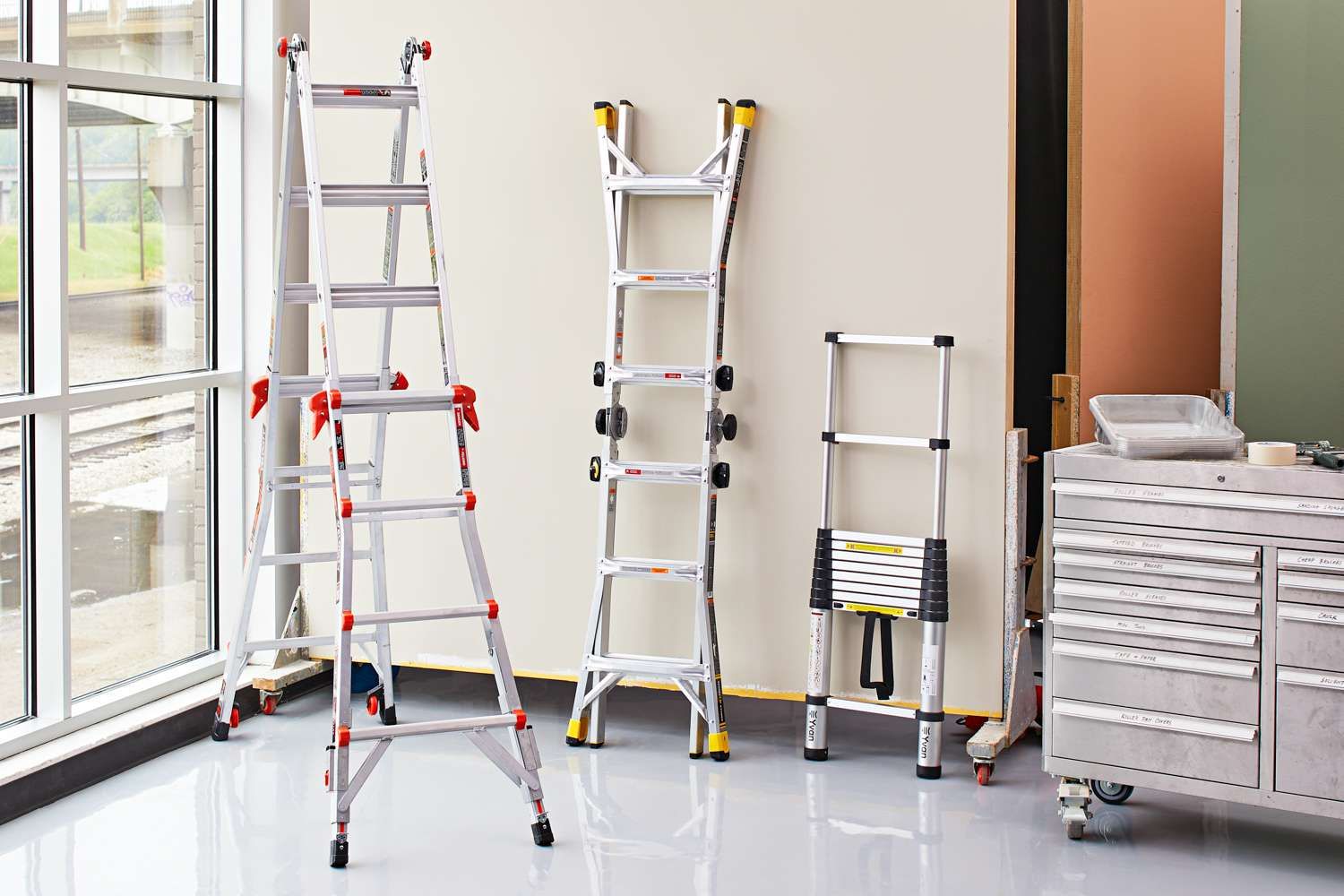

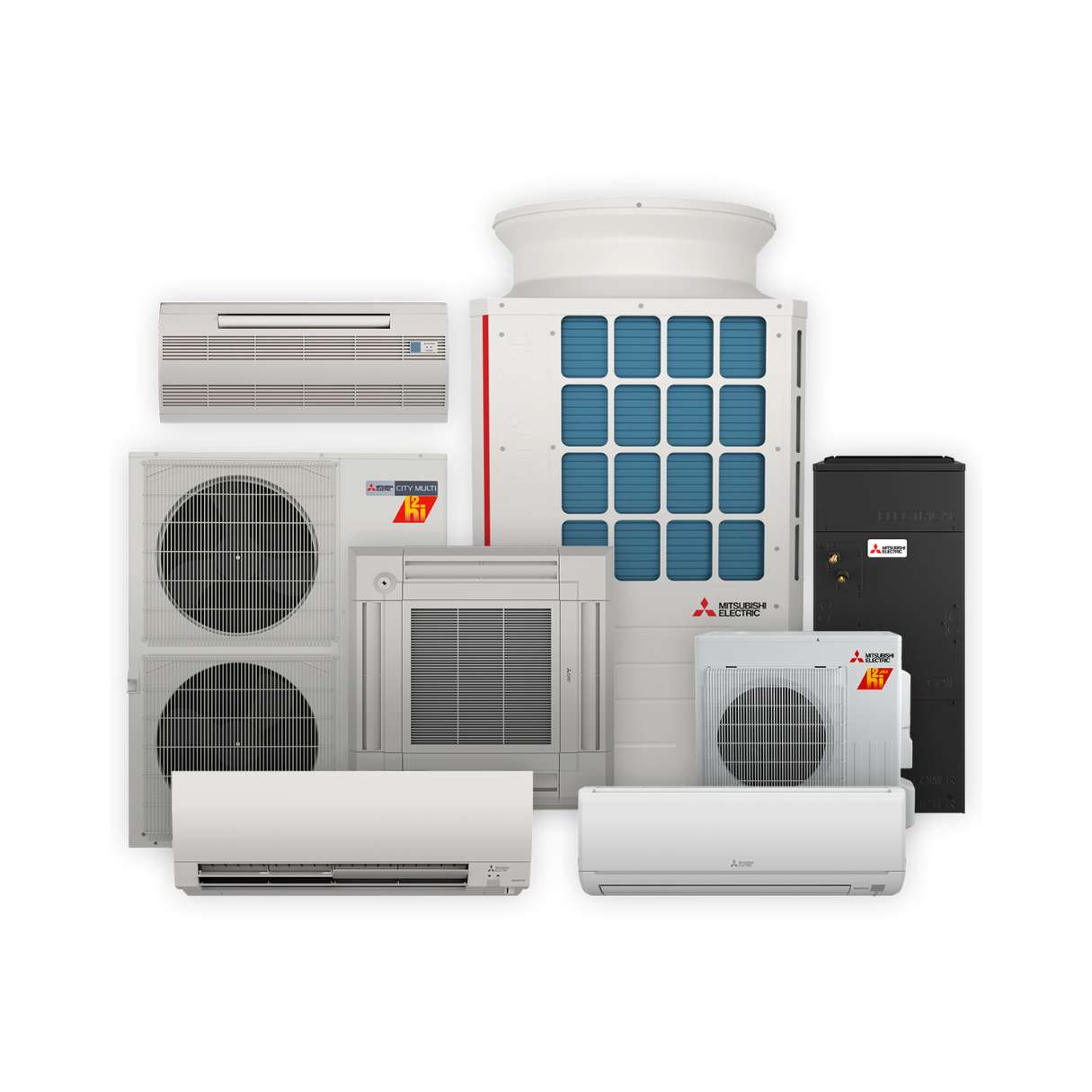

0 thoughts on “How To Choose The Right HVAC System For Your Home”